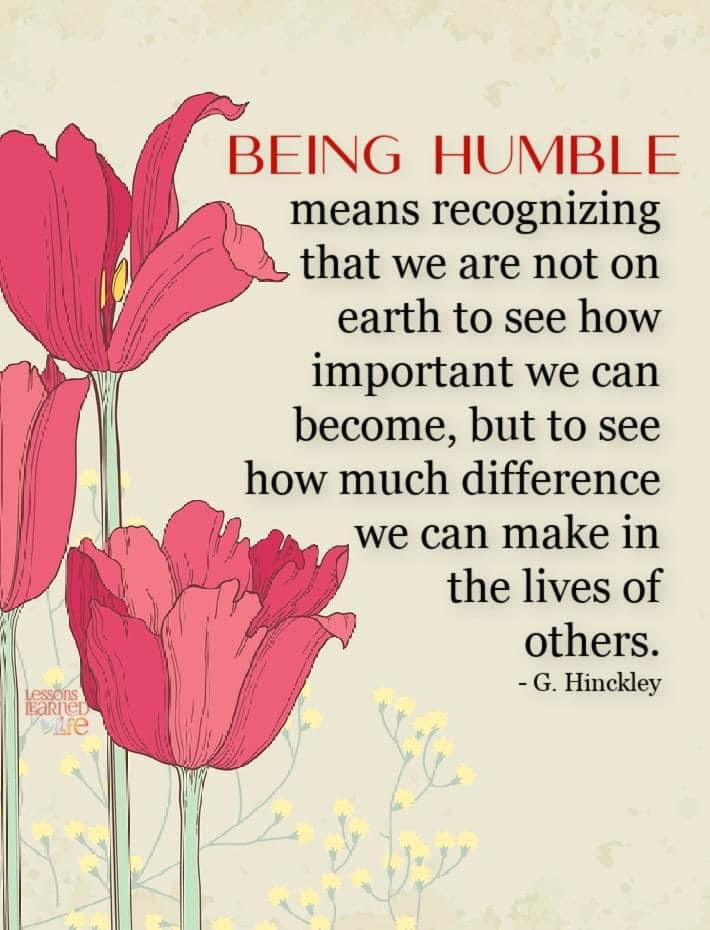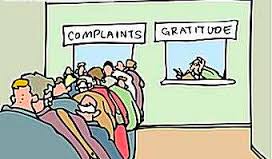Thirtieth Sunday in Ordinary Time
“Two men went up to the Temple to pray ….” Lk. 18: 10
Comedian Rodney Dangerfield used to tell this joke:
“I went to the doctor the other day and he told me I have a serious health problem.
I said: ‘I want a second opinion.’
The doctor said: ‘OK, You’re ugly too.’”
Evaluations can be brutal.
And yet that’s exactly what Jesus does in today’s gospel. He begins with these words:
“Two men went up to the Temple to pray ….”
What’s stunning about this comparison? How radical it is.
One of the two men does everything right: he fasts twice a week, gives away a tenth of his income, and follows all the prayer regimens of the Jewish religion of that day.
In today’s America, he might be a member of the Knights of Columbus who sends his children to the Catholic school, attends Mass regularly, and is one of the most highly regarded members of his parish.
What’s not to like about him?
In Jesus’ eyes, one thing: self-congratulation.
The Pharisee’s prayer embodies a way of living devoid of the important relationships that characterize life in the kingdom of God:
Love for God and love for our neighbor.
How can he love God when he is so full of himself? How can he love his neighbors when he sees only their shortcomings?
The Pharisee has missed the forest for the trees. Rather than lifting his heart and mind in genuine humble prayer, he indulges in self-glorification:
“Thank God, I’m not like other people: thieves, rogues, adulterers.”
He stands before God, pats himself on the back and boasts about his superiority.
Then comes the comparison to the other character in the story: a tax collector.
Tax collectors squeezed as much money as they could out of the impoverished folks who worked the land. Traitors to their compatriots, tax collectors colluded with the Roman empire for pure profit. Graft, theft and corruption abounded among them. Consequently, and understandably, they were hated.
They were so detestable, in fact, that the Pharisee boasts in his prayer: “God, I thank you that I am not like … this tax collector.” Today, he could just as easily be praying, “I thank you that I’m not like this drug addict. Or this domestic violence perpetrator. Or this welfare offender …”
So, what is it that so disarms God about this tax collector, this enemy of the people?
It’s certainly not his profession. Nor his lifestyle. Nor his choices that have caused so much damage. Jesus doesn’t applaud or approve of any of this.
What Jesus finds genuinely disarming and honorable is one thing:
The tax collector’s humility.
The tax collector’s willingness to stand far off, fall to his knees, beat his breast, and throw himself into God’s arms begging for mercy:
“God, be merciful to me, a sinner!”
These moving words from today’s gospel remind me of John Newton, the slave trader, who, upon recognizing the horrifying deeds of his life, fell to his knees and spoke these heart-rending words to God:
“Amazing grace! How sweet the sound that saved a wretch like me.
I once was lost, but now am found, was blind, but now I see.”
I’m reminded, too, of so many addicts that I’ve had the great honor to serve for almost 30 years – people who, filled with shame and self-loathing, were able to fall to their knees and admit that on their own they were powerless.
The bottom had fallen out of their lives. And now they were finally able to turn their lives over to a “power greater than themselves” – a Power that could lift them up; a Power that could renew and re-vitalize and re-orient them; a Power that could bring them to a place of inner peace; a Power that could replace all their guilt and shame with the conviction of being loved and cherished.
But doing such a thing takes great humility, and a willingness to admit our own personal sins, failings and hard-heartedness.
It takes a commitment to stop patting ourselves on the back; to stop our readiness to be so judgmental of others; to stop our conviction that we actually know what really is going on in the hearts and lives of others.
What the gift of humility gives us is the ability to recognize that we too have been blind, and that we need to beg for the gift of sight; that we too have been self-congratulatory, and we need to beg for the gift of beating our breasts instead of patting ourselves on the back in recognition of our pride; that we too have been all too eager to stand in front of crowds seeking recognition for our superiority; and that we too, along with the tax collector in today’s Gospel, need to fall to our knees, beat our breasts, and beg:
“God, be merciful to me, a sinner!”
Ted Wolgamot, Psy.D.
NOTE: At the recent U.S. bishop’s meeting, perhaps the report that garnered the most attention was entitled the “Social Mission of the Church.” In it, the bishops wrote “the Church needs to help parishioners understand the connection between Catholic social teaching and outreach beyond the borders of the parish.”
What they are implying is that Catholic social teaching is, for all practical purposes, a well-kept secret. It runs counter to many of the “conscious and unconscious attributes of our American psyche: hyper individualism; the dominance of interests and attitudes drawn from the business community; the suspicion of institutions, and rampant consumerism.”
“Evangelizing presupposes a desire in the church to come out of herself,” Pope Francis stated. He further stated that the church is called to “go to the peripheries, not only geographically, but also the existential peripheries: the mystery of sin, of pain, of injustice, of ignorance and indifference to religion, of intellectual currents and of all misery.”
In the Book of Revelation, Jesus stands at the door and knocks, and the Pope speculates that maybe he is knocking to get out, not in – in other words, to get out and become a culture of encounter, not just a church of governmental organization with a liturgy.
In other words, the “core challenge for the Catholic Church in our time and our country is to transcend its upper-middle class moralism, and encounter instead the acute generosity of the poor, the attentiveness to grace found at an AA meeting or the joy a Special Olympian takes to remind us that living the Christian life is not some ‘high bar.’ The poor and the marginalized believe Jesus when he tells us his yoke is easy and his burden is light.”
Pope Francis continually reminds us that “it is at the peripheries that we find the secret sauce for renewing the inner life of the church. It is among the poor of the world that we find how inadequate our ideologies are, that we discover reality is more important for the Christian than ideas. There can be no evangelization without recovering the wonder the disciples felt at the outrageous claim that is basis for our Christian faith: the tomb is empty and the Crucified lives!”
Pope Francis tells us that we can only recapture that wonder “if we go to the peripheries. That’s where we will find Jesus: in the homeless shelter and the nursing home and the prison.”







